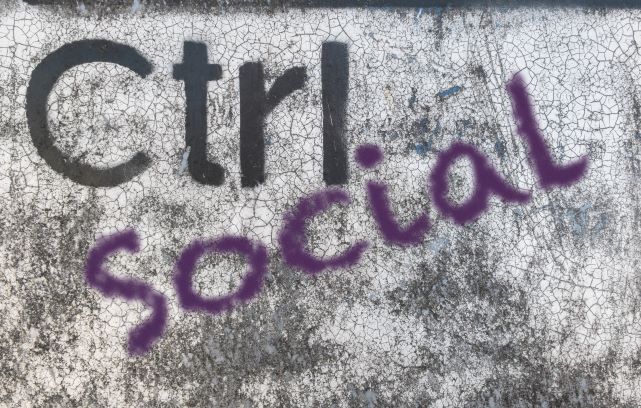About the program
 The Criminology program offers an undergraduate degree in Criminology and Justice, a Master of Arts in Criminology, and a PhD in Criminology and Social Justice. As part of the Faculty of Social Science and Humanities, our programs offer a unique way of examining crime and harm in society. Our faculty has a diverse array of research interests including terrorism, hate crime, young people, punishment, mental health, technology, gender, race, and inequality. Running through these diverse interests is a commitment to social justice, collaboration with faculty in other programs at our university and beyond, and conducting
The Criminology program offers an undergraduate degree in Criminology and Justice, a Master of Arts in Criminology, and a PhD in Criminology and Social Justice. As part of the Faculty of Social Science and Humanities, our programs offer a unique way of examining crime and harm in society. Our faculty has a diverse array of research interests including terrorism, hate crime, young people, punishment, mental health, technology, gender, race, and inequality. Running through these diverse interests is a commitment to social justice, collaboration with faculty in other programs at our university and beyond, and conducting
For more information, please visit the Criminology and Justice page.
You will be prepared to pursue a variety of career opportunities, including:
- Work in the public/outreach fields
- Government sector worker
- Policy analyst
- Program evaluator
- Not-for-profit worker/councilor
- Child/Youth worker
- Boarder services/coast guard/postal investigations worker
- Animal welfare investigator
- Addictions/Rehabilitation counsellor
- Court clerk
- Corporate security
- Researcher/Research assistant
- And more
Please talk to our Career Centre to learn more about the many ways you can use this degree.
This program is also an excellent foundation for many Graduate and Post-Graduate degrees including:
- Law
- Social Work
- Criminology
- Sociology
- Criminal Justice
- Victimology
- Social Ecology
